How to Fill SARS Travel Logbook
If you use your private car for business purposes and receive a travel allowance from your employer, you can claim a deduction on your annual income tax return. To do this, you must have a SARS travel logbook where you record your vehicle’s odometer reading and details of your business travel. This article explains how you fill out your SARS travel logbook.

How Do I Fill SARS Travel Logbook?
First and foremost, you should download the SARS eLogbook for the tax year, which starts on 1st March and ends on 28th February of the following year. Your 2022 – 23 SARS elogbook assessment must-have business travel details from 1st March to 28th February 2024. The tax filing season starts on 1st July 2024.
You must first record your motor vehicle odometer reading on 1st March and record the odometer reading on 28 or 29 February, the last day of the tax year. The logbook has fields you should fill in related to your business travel. You can calculate your total kilometres for the tax year by subtracting opening kilometres from opening kilometres.
When you fill out the SARS travel logbook, only include the kilometres covered when you travel for business. There are fields in the logbook where you enter your destination and kilometres travelled. Remember that you cannot claim the travel between your home and workplace for business purposes.
You must have a separate logbook for each car if you have more than one vehicle used for business during a particular tax year. You must record the following details for every business trip in your SARS travel logbook.
- Date of travel
- Business travel information (Starting point of the destination, places visited, and reasons for the business trip)
- Kilometres travelled
Make sure you keep your logbook for about five years from the date you submit your return because you may be asked to submit it to SARS to support your claim .
Do You Have to Use SARS Logbook?
Without a travel logbook, you cannot claim any cost of business travel against the travel allowance allocated to you. In other words, without a logbook, you cannot claim for travel deduction. With a travel logbook, it becomes easier to calculate the amount you can travel. SARS can also use the logbook to verify your claim if the need arises. Therefore, you should retain your logbook with other material for five years from the submission date.
How Does SARS Calculate Travel Allowance?
SARS uses two methods to calculate your travel allowance. The first method involves using a cost scale table supplied by SARS and found in the introduction section of your travel logbook.
The simplified way utilizes the fixed rate per kilometre, as illustrated in the table below. With this method, there should be no other advance, no allowance, or other compensation paid by the employer.
SARS can also calculate your claim using actual costs incurred during your business travels. It is essential to keep a record of your expenses during the tax year on top of keeping a logbook. The expenses include repairs and maintenance, oil, fuel, insurance, car license, finance charges, wear-and-tear, and lease costs.
If the employer provides a fixed allowance to the employee for business travel, the amount will appear under code 3701 on the IRP5. If a petrol card is issued, the money used for fuel will be added to the total amount.
A valid log book with all the necessary information about business trips covered must be maintained to support your claim. If some of the relevant details are missing, SARS may dismiss the logbook, which may lead to additional assessment.
To succeed in your claim for business travel costs, you should take the following measures:
- Ensure your opening kilometres on the odometer matches the previous year’s closing kilometre. Any mismatch can lead to the dismissal of your claim by SARS. If you have a good reason for the mismatch, ensure you write a letter to SARS.
- Check the correctness of the kilometres covered during private and business travel. If there is an error, SARS may decline your claim.
- The car’s service history must correspond with your logbook, or else your claim is dismissed.
- Ensure that you provide reasonable private and business kilometres to get the best result. If your claim is biased toward business travel, your claim can be rejected. There is no way you can use your vehicle for private business. For instance, the distance from your home to your workstation is private, not a business.
Therefore, keeping an accurate travel logbook is a good idea to make it easier for SARS to calculate your travel allowance.
What Is the SARS Rate per Kilometre?
The tables published in the government gazette and SARS’s travel logbooks are used to determine the allowable rate per kilometre for business travel deductions. If the employer pays no other compensation to the employee, the rate is 418 cents or R4.18 per kilometre.
If the reimbursed travel costs exceed the prescribed rate of R4.18 per kilometre, the full amount will be subject to PAYE. With fixed travel insurance, only 80% of the travel allowance will be subject to PAYE. If the employee has not met the full cost of fuel used in the car or maintenance costs, no claim can be made against these two.
If you use your private vehicle for business purposes, you are eligible to claim a travel allowance. You must keep an accurate travel logbook to make it easier for SARS to calculate and process your claim. Without a travel logbook, your claim will be rejected.
Keep Reading
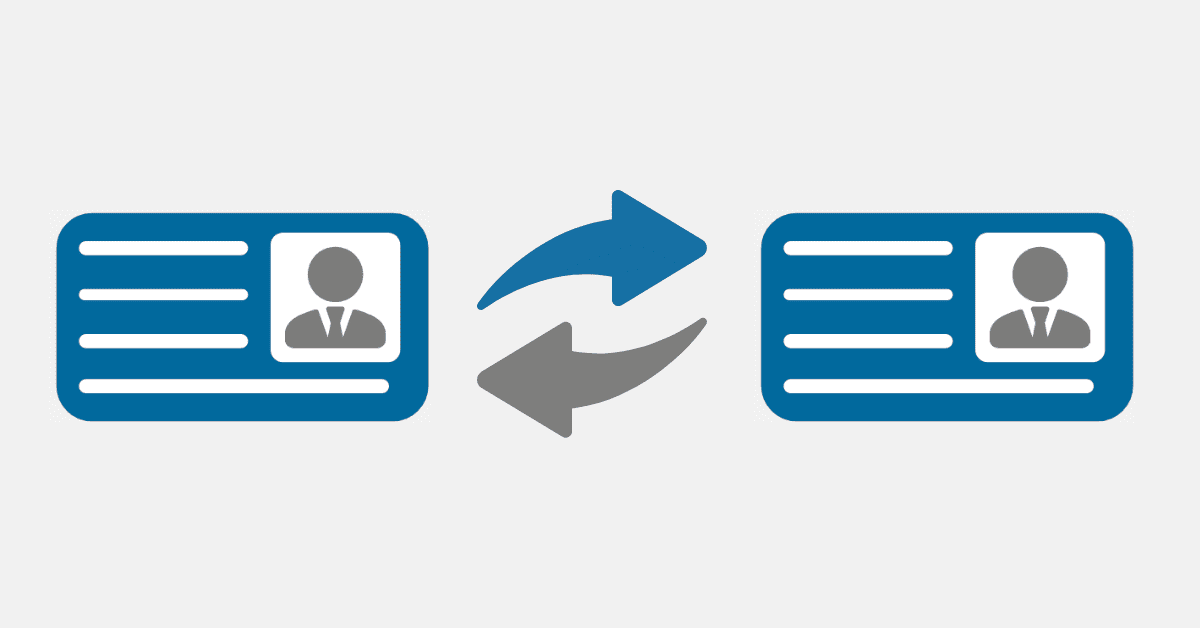
How to Transfer a Profile on Efiling
In this post, we explain everything you want to know about how you can transfer a profile on eFiling.
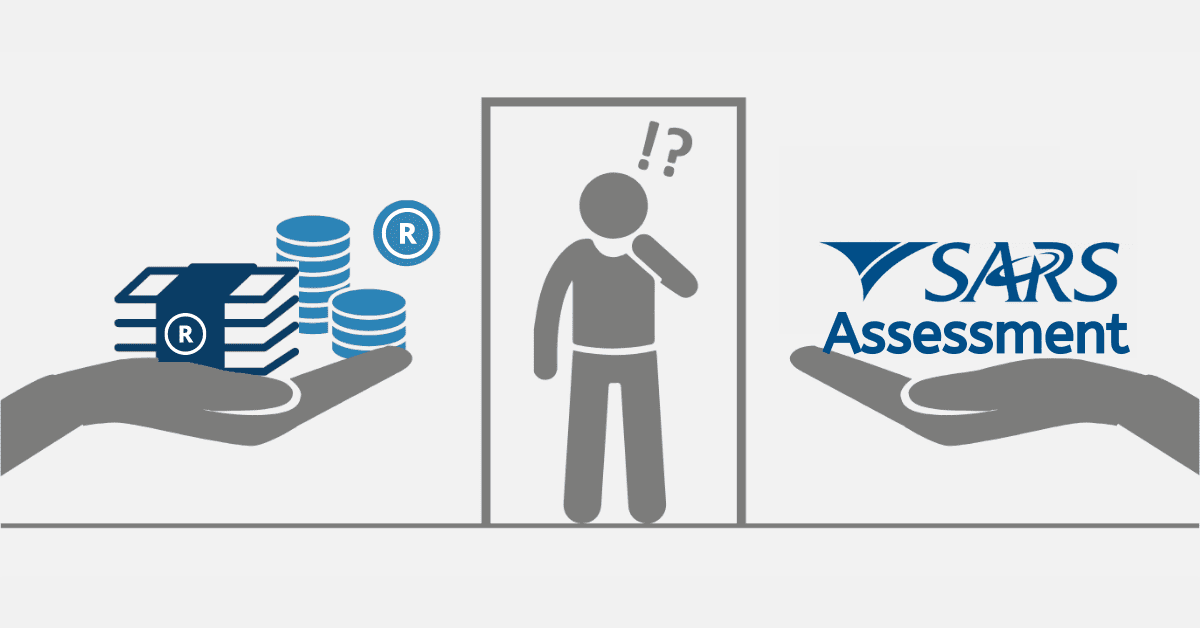
How to Dispute SARS Efiling Assessment?
This article explains everything you want to know about disputing SARS eFiling assessment.
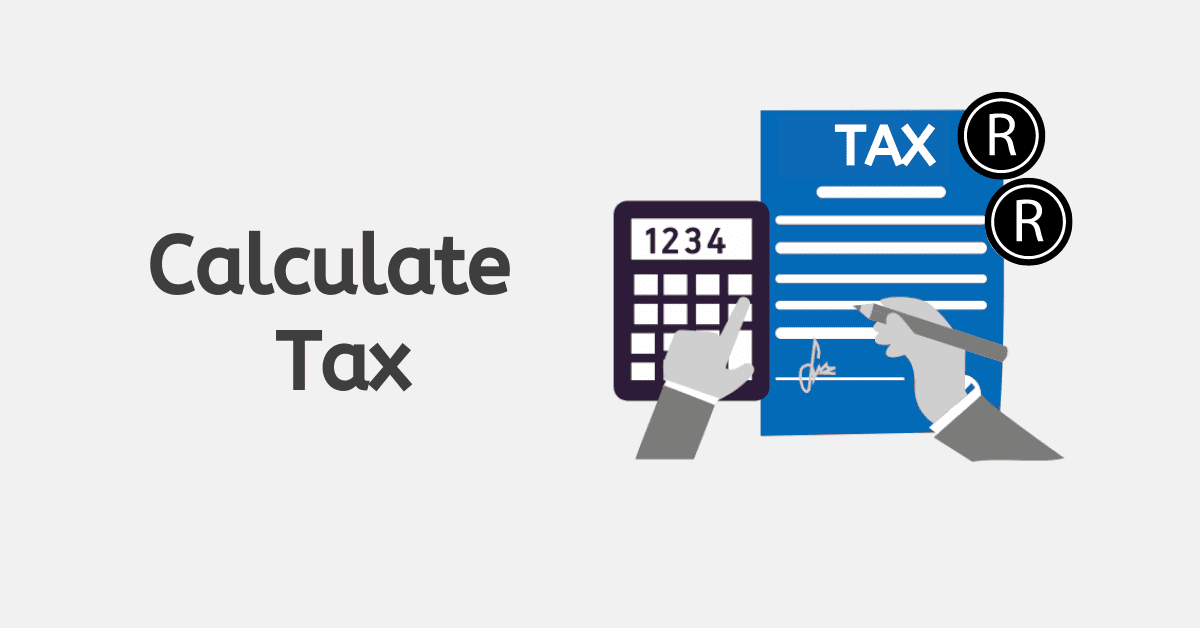
How Does SARS Calculate Tax?
How Does SARS Calculate Tax? And in this post, we will examine SARS's methodology to compute taxes. Let's dive in!
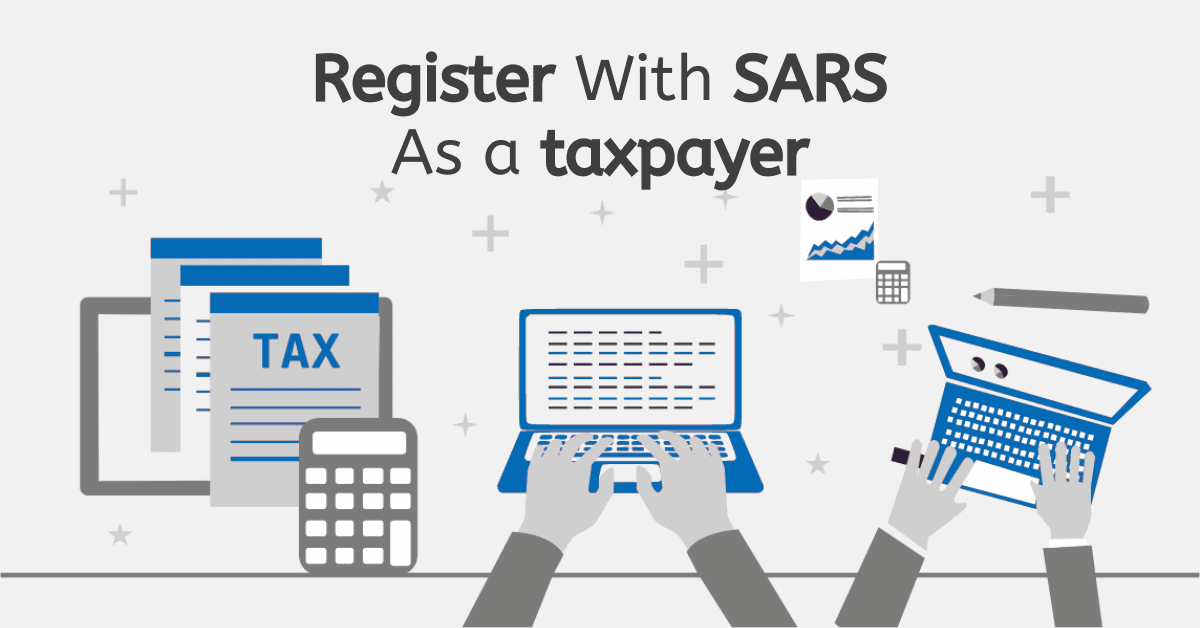
How to Register With SARS as a taxpayer
In this article, we’ll discuss how to register with SARS as a taxpayer and answer some of the common questions users have when using eFiling.
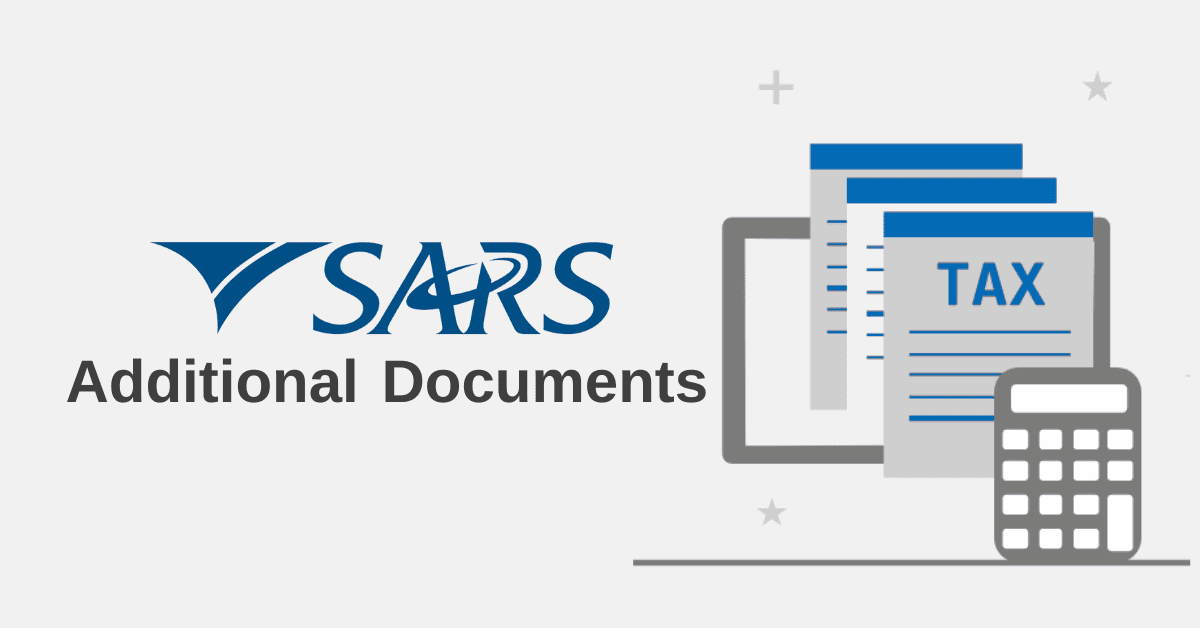
How to Add Additional Documents to SARS eFiling
This guide will look at adding additional papers to SARS eFiling, how many documents you can upload
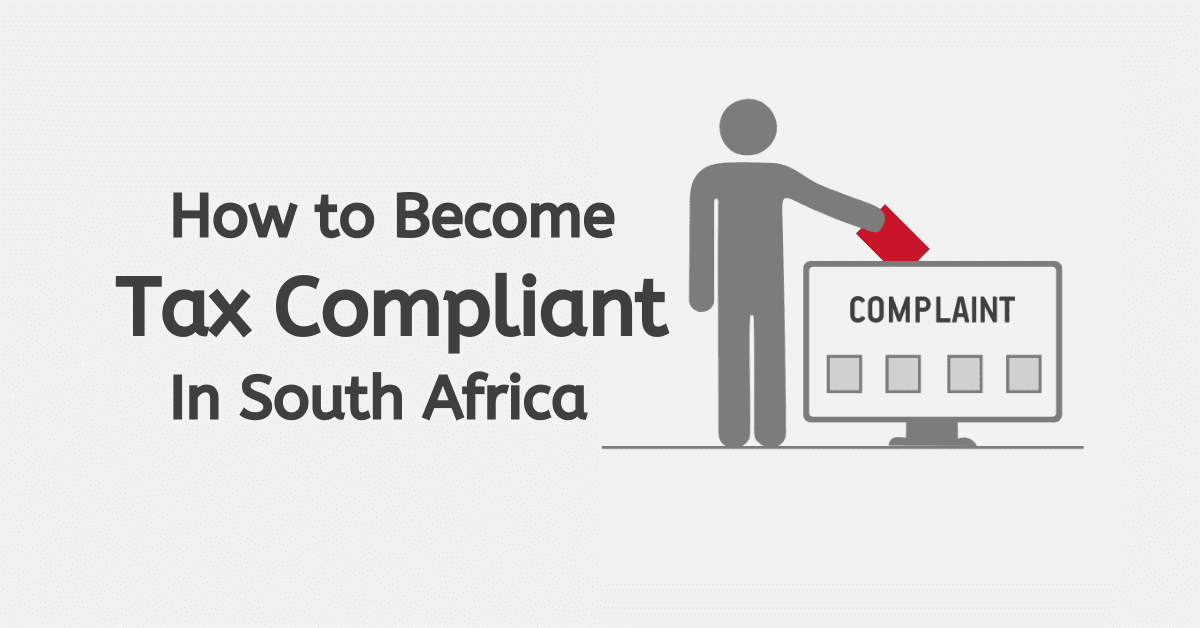
How To Become Tax Compliant in South Africa
Today, we have a brief guide to tax compliance in South Africa to help you get your tax affairs in order.
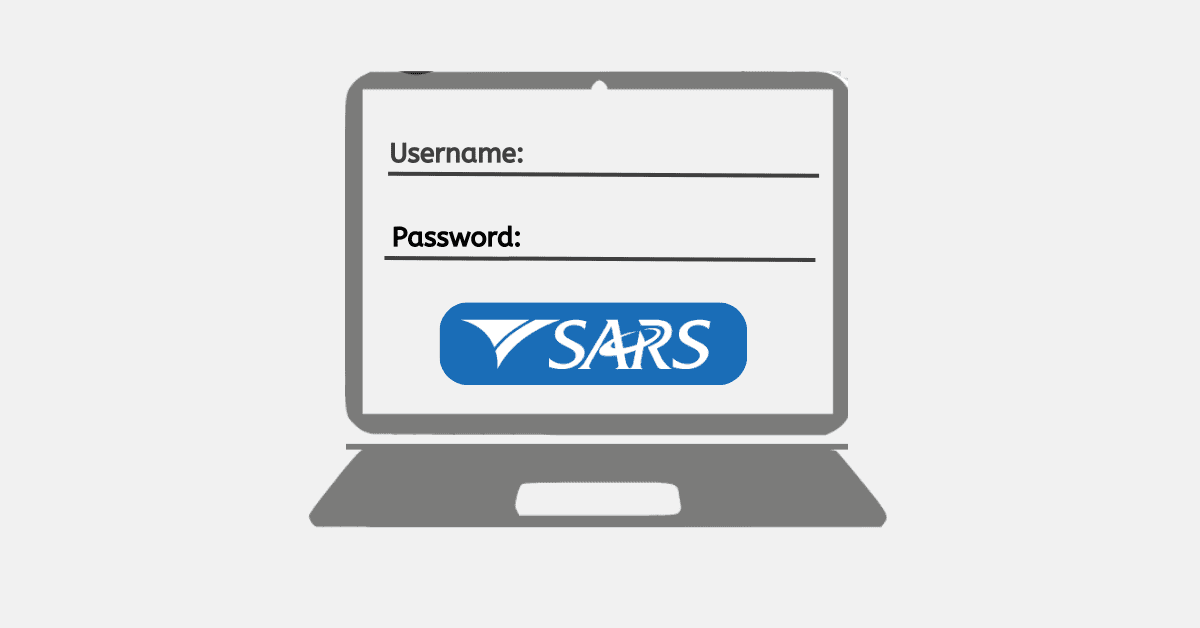
How to Unlock SARS eFiling Account
This guide will explore how to unlock SARS eFiling - including how to unlock the portal, reset your profile, reactivate your tax number, and re-register for eFiling.
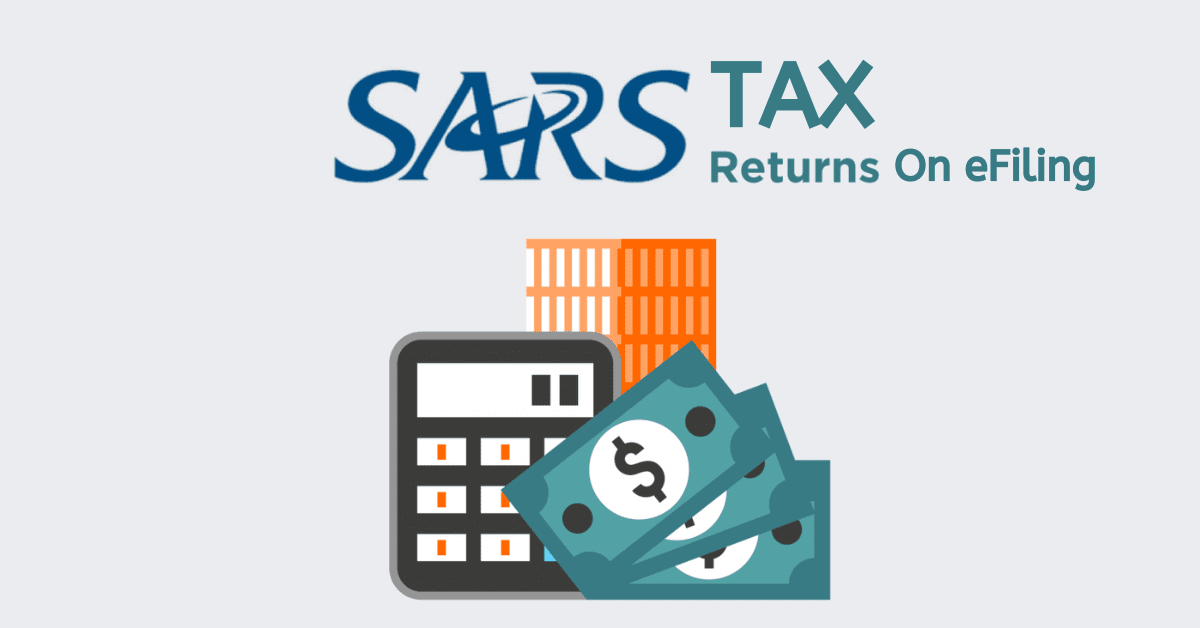
How to File Tax Return On eFiling 2024?
How to File Tax Return On eFiling. This article explores how to file your tax return using SAR's online eFiling system.
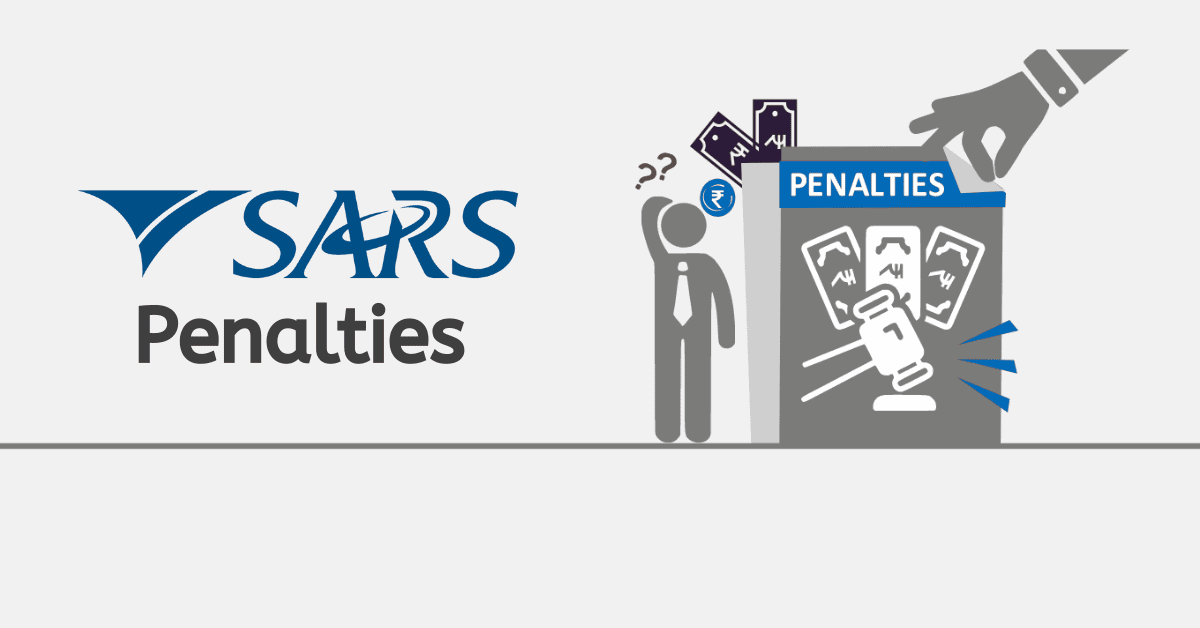
How Are SARS Penalties Calculated?
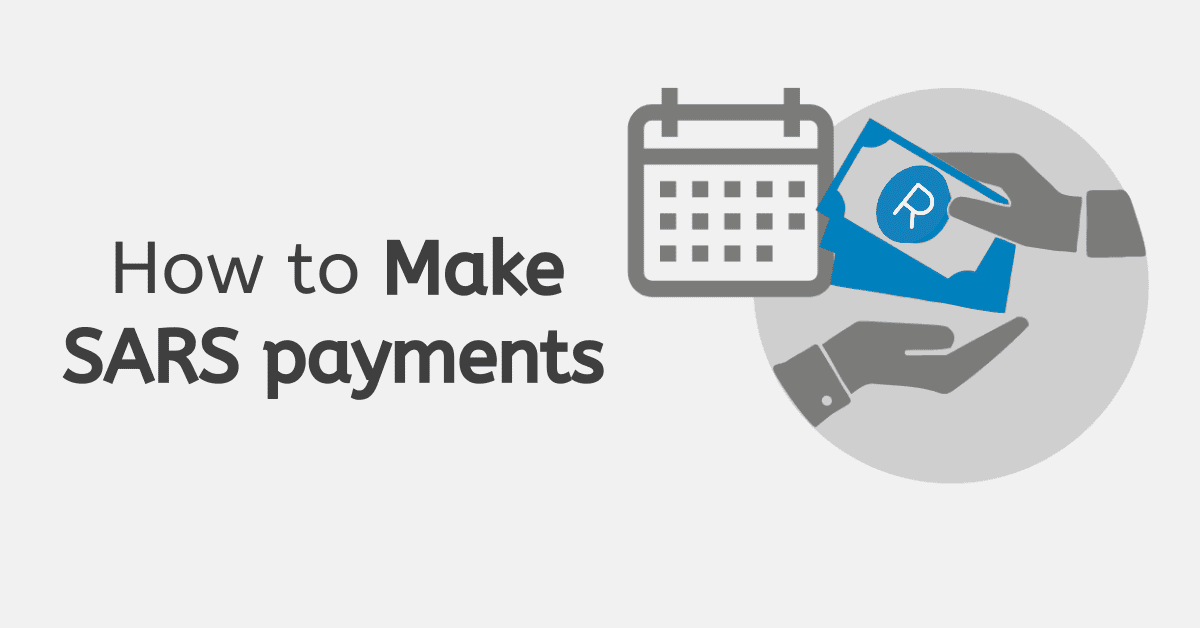
How to Make SARS payments Manually
In this post, you'll find detailed instructions on paying your SARS balance, using the mobile app to pay, or using Standard Bank, ABSA, or FNB.
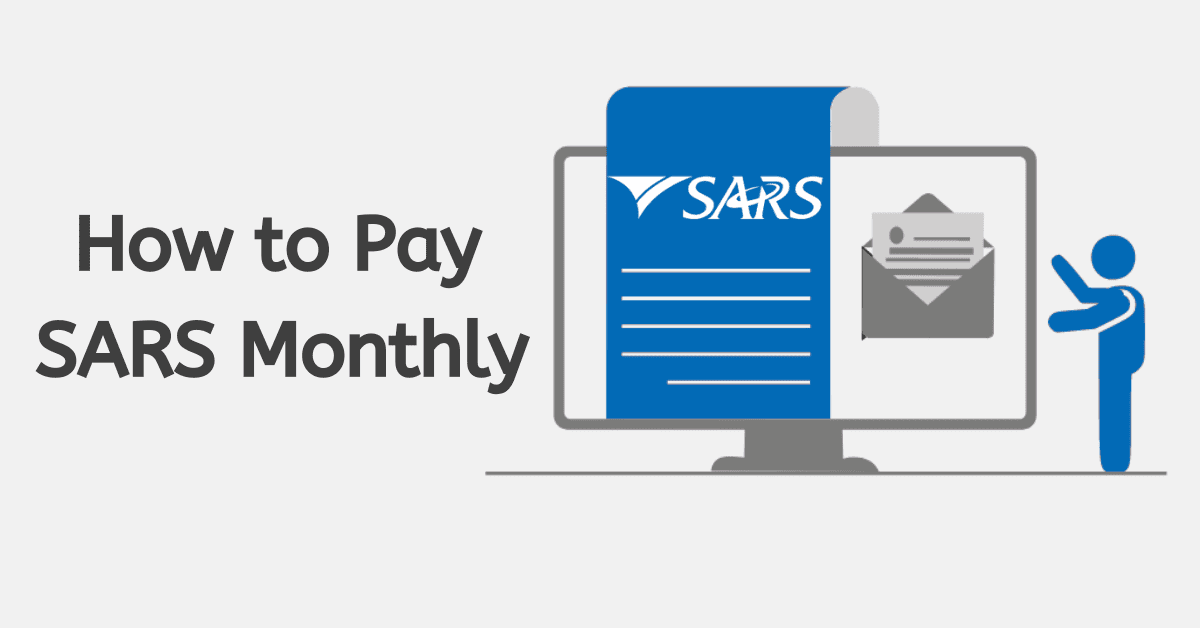
How to Pay SARS Monthly
How to Pay SARS Monthly? This article explains everything you want to know about paying your SARS monthly.

How Much Does SARS Tax On Retirement Annuity?
We focusing on giving insight into the SARS tax on retirement annuity, the tax components and percentages, etc.

How to Check If SARS Owes You Money
If you believe that the South African Revenue Service (SARS) owes you money, there are a few steps you can take to check
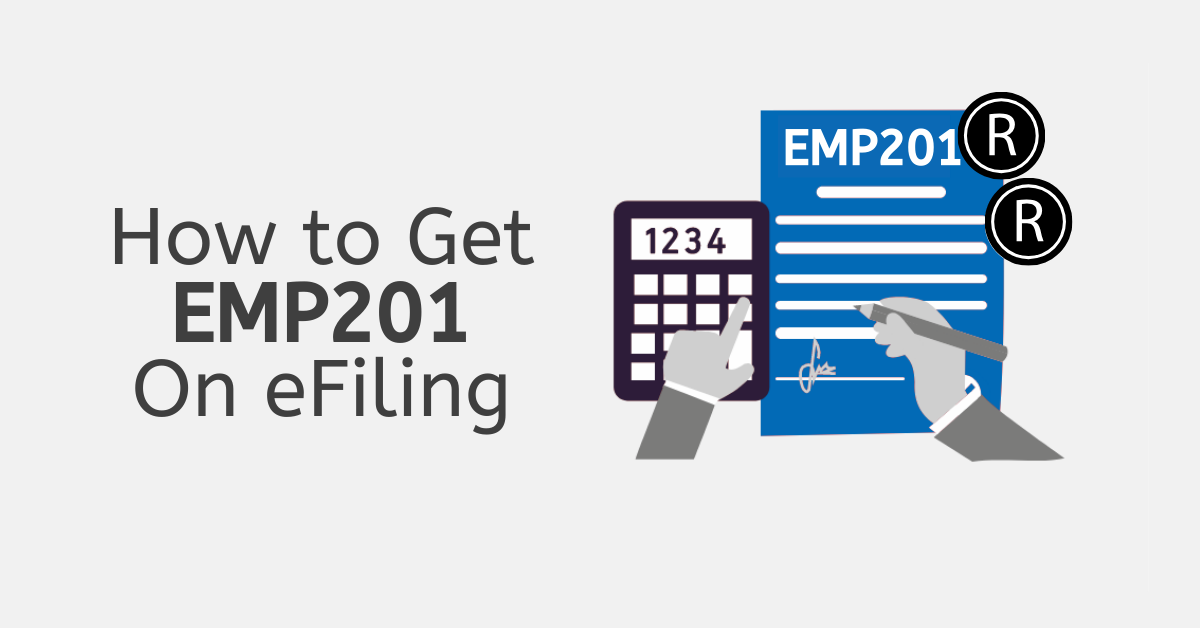
How to Get EMP201 On eFiling
EMP201 can be submitted and paid electronically via eFiling, a free, convenient, and secure online service SARS provides.
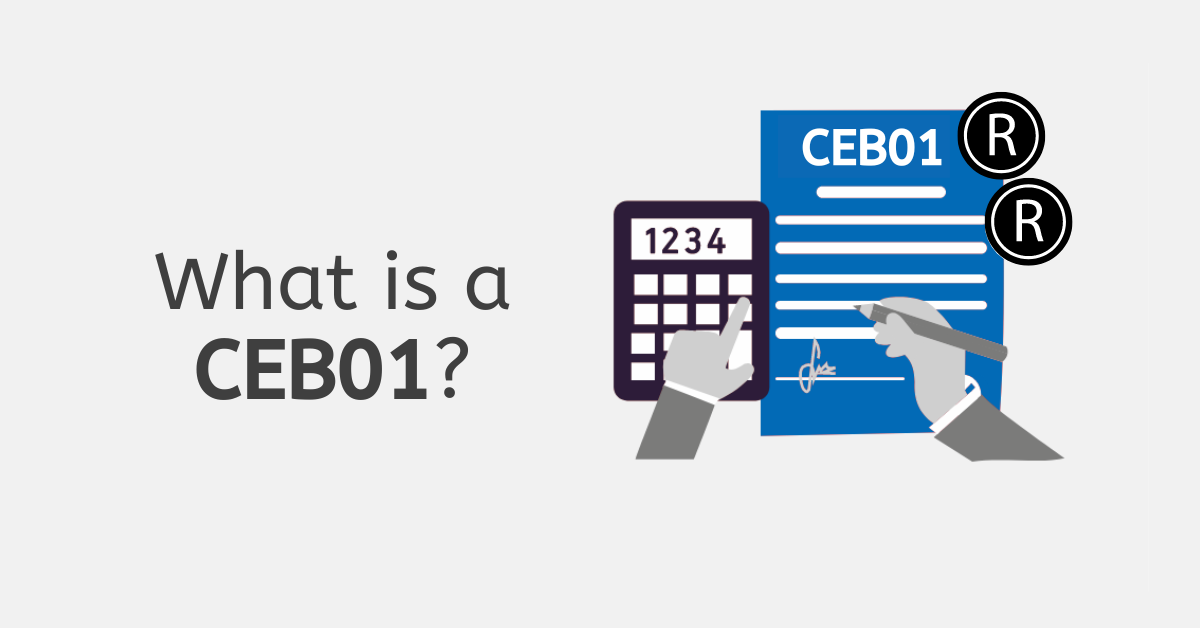
What is a CEB01?
However, a CEB01 must be paid by the due date specified on the form - usually the last business day of the month following the assessment month
- 084 969 0510
- [email protected]
- Our Accounting Services
- Our Tax Services
- Company Secretarial Services and Compliance Services, CIPC Services
- Promotion of access
- Security Policy

South African Tax Guide
Taxation Made Easy by Nyasha Musviba
Travel e-log book- SARS Logbook used to claim a deduction on personaltax
When can you claim for travel, what do i need to do.
Firstly, record your motor vehicles odometer reading on 1 March, i.e. on the first day of a tax year.
Secondly, make sure that you keep a logbook throughout the year. Note that it is not necessary to record details of private travel. You may make use of the SARS eLogbook, simply download the:
- 2019/20 logbook for the 1 March 2019 – 29 February 2020 assessment year and tax season starting 1 Jul 2020
- 2018/19 logbook for the 1 March 2018 – 28 February 2019 assessment year and tax season starting 1 Jul 2019
- 2017/18 logbook for the 1 March 2017 – 28 February 2018 assessment year and tax season starting 1 Jul 2018
- 2016/17 logbook for the 1 March 2016 – 28 February 2017 assessment year and tax season starting 1 Jul 2017
- 2015/16 logbook for the 1 March 2015 29 February 2016 assessment year and tax season starting 1 Jul 2016
- 2014/15 logbook for the 1 March 2014 28 February 2015 assessment year and tax season starting 1 Jul 2015
Top Tip: Without a logbook you wont be able to claim the cost of business travel against your travel allowance.
Thirdly, record your motor vehicles closing odometer reading on the last day of February (28/29) of the next year, i.e. on the last day of the applicable tax year.
Fourthly, calculate your total kilometres for the full year (closing kilometres less opening kilometres).
Fifthly, calculate your total business kilometres for the year (sum of all business kilometres).
What do I record in my logbook?
- The date of travel
- The kilometres travelled
- Business travel details (where you started your trip, where you went and the reason for the trip)
How do I work out how much I can claim?
- Calculate your claim based on the cost scale table which SARS supplies (youll find this table in the introduction section to the travel eLogbook)
- Calculate your claim based on actual costs. To do this, you’ll have to keep an accurate record of all your expenses during the year, in addition to keeping a log book. These expenses include fuel, oil, repairs and maintenance, car licence, insurance, wear-and-tear and finance charges or lease costs.
- 80% of the travelling allowance must be included in the employees remuneration for the purposes of calculating PAYE. The percentage is reduced to 20% if the employer is satisfied that at least 80% of the use of the motor vehicle for the tax year will be for business purposes.
- No fuel cost may be claimed if the employee has not borne the full cost of fuel used in the vehicle and no maintenance cost may be claimed if the employee has not borne the full cost of maintaining the vehicle (e.g. if the vehicle is covered by a maintenance plan).
- The fixed cost must be reduced on a pro-rata basis if the vehicle is used for business purposes for less than a full year. The actual distance travelled during a tax year and the distance travelled for business purposes substantiated by a log book are used to determine the costs which may be claimed against a travelling allowance.
You are using an outdated browser. Please upgrade your browser to improve your experience.

SARS Travel eLogbook 2023/24
Login to my account, quick registration.
- (2) Account / Profile
- (498) Accounting
- (97) Auditing and Assurance
- (1) Business
- (3) Business Rescue & Business Valuations
- (6) Compliance
- (4) Ethics and Professionalism
- (19) Financial Reporting
- (35) Legal and Compliance
- (2) Management
- (12) Money Laundering
- (1) Personal & Professional Development
- (1) Practice Management
- (1) Professional Ethics
- (1) Public Sector
- (25) Regulatory Compliance and Legislation
- (2) SARS Issues
- (9) Sustainability Reporting
- (1) Tax Update
- (1) Technology
- Recent Comments
- 05 April 2023
- South African Accounting Academy

This handy document sets out how a taxpayer should go about calculating a travel deduction if they are in receipt of a travel allowance.
Without a logbook, a taxpayer will not be able to claim a travel deduction.
It is now compulsory to keep a logbook of all travel in which the taxpayer records their business kilometres if you want to claim a travel deduction.
The logbook must contain the following minimum information relating to your business travel:
- Date of travel
- Kilometres travelled
- Travel details (where to and reason for the trip)
Click here to download the Travel eLogbook:
https://www.sars.gov.za/wp-content/uploads/Docs/Logbook/2023-24-SARS-eLogbook.pdf
Relevance to Auditors, Independent Reviewers & Accountants:
- The Income Tax Act is yet another piece of legislation that your clients must comply with, and which you must assess compliance with. If they don’t comply with the relevant laws and regulations, you have certain reporting obligations in terms of NOCLAR (NOn-Compliance with Laws And Regulations) – this could include reporting to management, qualifying your audit opinion, reporting a Reportable Irregularity, etc.
- As an auditor, independent reviewer or accoutant, you need to consider the latest publications and tools that have been issued by Regulatory bodies, e.g. SARS.
- As a tax practitioner, you need to advise your clients on the latest publications available from SARS to facilitate any travel deduction.
- As a taxpayer who receives a travel allowance, you also need to keep a logbook which records your business travel in order to claim the relevant deduction at the end of the tax year.
Relevance to Your clients:
- As a taxpayer who receives a travel allowance, your clients need to keep a logbook which records their business travel in order to claim the relevant deduction at the end of the tax year.
To stay current with all the latest changes and updates subscribe to our Monthly Compliance and Legislative Update series for R 250.00 per month. This gives you access to a monthly 2-hour webinar and monthly newsletter: https://accountingacademy.co.za/profession/monthly-legislation-update
Get all your CPD online. SA Accounting Academy (SAAA) offers Subscription Plans, Live Webinars, Webinars On-Demand, Access to Experts, Courses, Articles and more: https://cpd.accountingacademy.co.za .
The SA Accounting Academy (SAAA) Technical Resource Centre is constantly updated by our team of experts to help you stay compliant and informed. The Technical Resource Centre service is free for all SAAA Designation CPD subscriber members to use.
Legislation.
Access updated legislation including amendments

Ask a Technical Question
Get your questions answered by one of our Technical Experts
View technical articles written by our Technical Experts
Resources On-Demand
Update yourself with our accounting resources-on-demand
Browse our relevant and practical courses
View upcoming events
Technical FAQs
A source of commonly asked technical questions
Catch-up on your events
Missed any events? Access them here
LEAVE A COMMENT
Need help .
We couldn't found any email record. Please create new account Create an account
Ask a Technical Question is available to subscribers. Click here to find out more
STAY IN TOUCH
Subscribe to our mailing list and you will receive our best posts every week on our live CPD webinars , upcoming courses and webinars-on-demand
By subscribing to our mailing list you accept our Terms of Service and Privacy Policy
Explore Smarty
- New 2 COLUMNS
Logbook for a Company Car or Travel Allowance – What You Need To Know
Date: 13 July 2021
Author: Coenraad de Beer
If you receive a travel allowance from your employer, or use a company provided vehicle, you will need a logbook to record your business trips. If you want to submit a claim for business travel on your income tax return, you will need this logbook to substantiate your claim.
Where can I find such a logbook?
If you are looking for a free logbook, you may use the one supplied by SARS . There are also various electronic devices and cell phone apps available to simplify the process of logging your trips, but no matter what method you use, just make sure your logbook meets the minimum requirements set by SARS.
What information should be recorded for each trip?
· Date of travel
· Kilometres travelled (record opening and closing odometer reading of each trip)
· Reason for the trip
· Details for whom the engagement was undertaken (new requirement since 2021)
· Name of the person you visited (new requirement since 2021)
· Contact details of the person you visited (new requirement since 2021)
Interestingly enough, at the time of writing this article, the SARS logbook did not have separate columns for the new requirements, so we assume this must be recorded in the “Reasons” column of the logbook.
What information about my vehicle is required?
You need to record the odometer reading as soon as the vehicle is taken into use for the first time. After that you need to record the odometer reading in the last day of February each year. The opening and closing kilometers will be used to calculate the total kilometers travelled with the vehicle during the tax year.
In addition to the logbook and kilometer readings, the following information is also required:
1. The vehicle registration number
2. The car make (for example Toyota)
3. The car model (for example Hilux)
4. Year of manufacture
5. Cost price of the vehicle (i ncluding VAT but excluding interest)
6. Date of purchase
7. Acquisition method: Purchase Agreement or Lease Agreement
8. Was the vehicle purchased with a maintenance plan? (in case of a company provided vehicle)
Tips for maintaining your logbook during the tax year:
1. Instead of using a complicated or expensive device to log your trips, use your smart phone to take a photo of your odometer reading when you depart and again when you arrive at your destination. Most modern smart phones will store metadata along with the photo. For example when you view the photo in your gallery on an Android phone, you can simply swipe up and you will be able to see the time, date and in some cases even the location where the photo was taken (as long as your location services are enabled on your phone). You can correlate this information with your diary at the end of each week and record this into a spreadsheet or the SARS logbook.
2. If you use multiple vehicles for business travel, keep a separate logbook for each vehicle.
3. You do not need to record private trips, but it does not hurt if you are using a system that records all your trips. A more comprehensive logbook improves your chances of a successful travel claim.
4. The distance travelled between your home and normal place of work cannot be claimed for business purposes and is regarded as private travel. According to SARS’s Interpretation Note 14, Section 5.4.2, if you travel to a client en route to your normal place of work, it will be regarded as business kilometers. This is an interesting interpretation from SARS, because according section 8(1)(b)(i) of the Income Tax Act, you will not be permitted to claim the entire trip, because the distance between your home and place of employment or business is regarded as private. Keep in mind that interpretation notes are not binding on the courts or the taxpayer, so you may use an example like this to give you guidance on what constitute business travel, but just make sure you have a solid justification for your business travel in cases where there might be a gray area. When in doubt, consult your tax practitioner.
5. Be as detailed as possible when describing the reason of your trip. Don’t use vague descriptions like “meeting”, “client” or “business”. Give specific details of why you were travelling, for example, “monthly manager’s meeting”, add the details of the person or entity for whom the engagement was undertaken, for example your client’s name “XYZ Distributors (Pty) Ltd” and include the contact details of the specific person you are visiting, for example “Mr X – Cell number 123 456 789”. If you are visiting a group of people or multiple individuals at the same location, record the details of the most senior person you visited.
This is the basic requirements of a travel claim, based on the deemed cost method. There is a second method where your record the actual expenses of your business travel. This second method is less frequently used because it involves much more admin and seldom yields better results than the deemed cost method.
Disclaimer: The information and material published on this website is provided for general purposes only and does not constitute professional advice. We make every effort to ensure that the content is updated regularly and to offer the most current and accurate information. Please contact us directly for any specific problem or matter. We accept no responsibility for any loss or damage, whether direct or consequential, which may arise from reliance on the information contained in these pages.

SARS – Travel eLogbook
Sars has detailed the steps to be followed below:, latest from our blog, non-executive directors (vat and paye), tax cases – high court.

Get in touch
- Mazars in South Africa
- [email protected]
- +27 (0) 21 818 5000
Useful Links
Ethical dilemmas, u pdate your profile.

Sign in/up with Google
Sign in/up with Facebook
Sign in/up with Linkedin
Sign in/up with Apple
Sign in/up with Twitter
You are using an outdated browser. Please upgrade your browser to improve your experience.
Travel eLogbook 2022-2023
Login to my account, quick registration.
- (1) Negotiating Tax Debt and Payment Arrangements with SARS
- (17) Accounting
- (2) Accounting for Income Tax
- (7) Administration of Estates
- (1) Application of tax rates, s6(2) rebates
- (1) Assessed losses
- (4) Audit, Reviews & Other Services
- (8) Capital Gains Tax
- (1) Capital Gains Tax - Individuals Tax
- (1) Capital Gains Tax Implications of Trusts
- (2) Case study: Home office expense
- (1) Case study: Travel allowances
- (1) Company Formations
- (117) Corporate Tax
- (9) Customs and Excise
- (2) Deceased Estate
- (1) Deductions Pre-trade and prepaid expenses
- (1) Deferred tax assets and deferred tax on equity
- (1) Deregistration
- (2) Employer and Employee (PAYE and UIF Specific)
- (1) Estate Duty
- (1) Events / Webinars
- (8) Faculty News
- (2) Farming
- (142) Individuals Tax
- (1) Input - Customs Duty
- (3) Interest
- (13) International Tax
- (17) Legislation
- (1) Low interest rate loans and loan subsidies
- (1) Nature of the rights of beneficiaries
- (1) Notional input tax
- (8) Payroll
- (2) Practical Payroll
- (2) Provisional tax (Link with other Taxes)
- (1) SARS Dispute Resolution
- (4) SARS Issues
- (1) Salaried Employees
- (127) Tax Administration
- (2) Tax Administration Part 2B: Resolving Problems with SARS using the Tax Ombud
- (1) Tax Administration Part 3B Dispute Resolution - Objection and appeal
- (2) Tax Update
- (2) Tax implications of loans to trusts
- (1) Tax residence
- (1) Tax returns and payments
- (1) Transfer-Pricing
- (1) Trust Income / Gain Allocations
- (1) Trust types and income allocations
- (3) VAT periods
- (1) Wear and tear allowances
- (1) Zero Rated
- Recent Comments
- 06 April 2022
- Individuals Tax
Click here to view the 2022-2023 eLogbook for the 1 March 2022 – 28 February 2023 assessment year and filing season starting 1 Jul 2023.
LEAVE A COMMENT
Need help .
We couldn't found any email record. Please create new account Create an account
Ask a Technical Question is available to subscribers. Click here to find out more
STAY IN TOUCH
Subscribe to our mailing list and you will receive our best posts every week on our live CPD webinars , upcoming courses and webinars-on-demand
By subscribing to our mailing list you accept our Terms of Service and Privacy Policy
Verify Cell Number
Explore smarty.
- New 2 COLUMNS
New to Tax? Start Here
- Do I need to submit a tax return?
- Salaried tax payers
- Provisional tax
- Independent contractors
- Small business (sole proprietors)
Living or Working Overseas
- Foreign employment income
- Foreign trade income
- Other foreign income
Earning Extra Income
- Rental income
- Capital gains tax
- Tax on Investments - What you need to know
Claiming & Deductions
- What can I claim
- Wear & tear / depreciation
- Travel expenses
- Medical expenses
- Donations tax
SARS & eFiling
- How to register
- How to get my tax number
- How to make a payment via eFiling
- How to register for provisional tax
After You File
- Amending details
- Tracking your refund
Company (Pty) Tax
- Company tax guide
- Turnover tax explained
- Register a company for eFiling
Quicks Links
- Tax definitions
- Guides & tutorials
- Tax questions & answers
- Main tax help page
- Ask a tax question
- Tax & Retirement- What you need to know

SARS requirements for a logbook
Blog categories.
- Salary / IRP5 (4,701 posts)
- Independent Contractor (993 posts)
- Provisional Tax (668 posts)
- Medical (968 posts)
- Capital Gains (408 posts)
- Donations (246 posts)
- Deductions (3,818 posts)
- Commission (1,053 posts)
- Rental Income (968 posts)
- Retirement (1,044 posts)
- Dividends (1,046 posts)
- Depreciation / Wear and Tear (350 posts)
- Penalties (781 posts)
- Travel Allowance (771 posts)
- Audit / Verification (2,668 posts)
- Tax Threshold (497 posts)
- Foreign employment income (202 posts)
- SARS & eFiling (2,104 posts)
- Company Tax (1 posts)
- Foreign Investment (1 posts)
- PAYE & UIF (46 posts)
- Source Code (2 posts)
- Foreign Income (1 posts)
- TaxTim in the Media (1 posts)
- Tax Tables (3 posts)
- Financial Literacy Series (3 posts)
- Cryptocurrency (3 posts)
- Auto-Assessments (1 posts)

- Call +27 (0) 66 492 8062
- [email protected]
Excel logbook for SARS
If you are looking to create an Excel logbook for SARS and you want it to include the dates for working days only, you can easily create it in Excel using the WORKDAY function. Using this function means you that you won’t need to enter every date and it can even take into account public holidays.
Below a video explanation from our YouTube channel (please remember to susbcribe)
The process itself is fairly easy. Open a new workbook and in cell A2 enter the start date e.g. 1 Jan 2014.
In cell C2 to C15 list the public holidays you want to take into account.
Now in Cell A3 type the following formulae
=WORKDAY(A2,1,$C$2:$C$15)
The formula above will start at 1 Jan 2014 and will show you the date of the next workday. This formula assumes that Saturday and Sunday are non work days and also assumes that the public holidays listed in C2 to C15 are non work days. To understand how it works watch the WORKDAY video clip
You can now copy the formula down as far as you want and it will show only the upcoming workdays. Then to make it even more useful, format the date to include the day of the week (click on the date cells, right click and click on FORMAT CELLS, click on CUSTOM and in the dialogue box type dd mmm yyyy dddd)
If you work in an industry where Saturday and/ or Sundays could be work days e.g. a restaurant and you want for example a Monday to be treated as a ‘weekend’ then you need to make use of the WORKDAY.INTL function. All it asks for is an additional option of what is considered a weekend.
So the syntax as shown below is exactly the same except for the Weekend option
WORKDAY.INTL(Start Date, Days, [Weekend] ,[Holidays])
For the Weekend option you can enter a number from 1 to 17 which tells Excel what to consider a weekend i.e.
- 1 or omitted = Saturday, Sunday
- 2 = Sunday, Monday
- 3 = Monday, Tuesday
- 4 = Tuesday, Wednesday
- 5 = Wednesday, Thursday
- 6 = Thursday, Friday
- 7 = Friday, Saturday
- 11 = Sunday only
- 12 = Monday only
- 13 = Tuesday only
- 14 = Wednesday only
- 15 = Thursday only
- 16 = Friday only
- 17 = Saturday only
SARS Excel Logbook Download
Want to learn more about Microsoft Excel and creating a logbook yourself? If you prefer attending a course and live in South Africa look at the Johannesburg MS Excel 3 Day Advanced Course or the Cape Town MS Excel 3 Day Advanced training course. If you prefer online learning or live outside South Africa, look at our online MS Excel training courses .
Download the Free Excel Logbook from SARS here.
South Africa VAT Calculator for the move from 14% to 15%
All content copyright AuditExcel 2024
- Privacy Policy
- Terms & Conditions

IMAGES
VIDEO
COMMENTS
Top Tip: Without a logbook you won't be able to claim the cost of business travel against your travel allowance. Thirdly , record your motor vehicle's closing odometer reading on the last day of February (28/29) of the next year, i.e. on the last day of the applicable tax year.
SARS uses two methods to calculate your travel allowance. The first method involves using a cost scale table supplied by SARS and found in the introduction section of your travel logbook. The simplified way utilizes the fixed rate per kilometre, as illustrated in the table below. With this method, there should be no other advance, no allowance ...
Travel eLogbook. 15 March 2022 - Travel eLogbook 2022-23. Forgot Username. Forgot Password. Manage Tax Type Transfer.
Many taxpayers have trouble doing their business travel logbooks, and most tax practitioners either request that you submit a completed logbook to them or c...
benefit in respect business mileage travelled in motor vehicles provided by an employer. In order to claim such a deduction, an accurate record of mileage travelled is required. This logbook may also be used for this purpose. The same minimum information as set out above is also required for company cars. Tax Returns.
Sanibonani! Thank you for watching Money matter! This video is a tutorial on the allowable tax deductions for travel expenses. Feel free to ask any questions...
Without a logbook, a taxpayer will not be able to claim a travel deduction. It is now compulsory to keep a logbook of all travel in which the taxpayer records their business kilometres if you want to claim a travel deduction. The logbook must contain the following minimum information relating to your business travel: Date of travel; Kilometres ...
supplied by SARS each year. You will find the cost tables which apply to the tax year from 1 March 2011 to 29 February 2012 on the next page of this logbook. You need not have kept an accurate record of all your expenses - simply use the costs linked to the value of your vehicle. 2. Alternatively, you can calculate your claim based on
Total km travelled = 14 500km. Business km = 10 000km. Total motor vehicle expenses = R27 500 (fuel R15 000, maintenance and repairs R1 500, insurance/licence R5 000, finance charges R6 000). Business travel claim (actual costs method): Business km to be claimed = 27 500 * 10 000 km / 14 500 km = R 18,965.52. 9.
2. If you use multiple vehicles for business travel, keep a separate logbook for each vehicle. 3. You do not need to record private trips, but it does not hurt if you are using a system that records all your trips. A more comprehensive logbook improves your chances of a successful travel claim. 4.
Mr X travelled a total of 32 000 km, of which 8 000 km were for business purposes, as evidenced by his logbook. Mr X received a total travel allowance of R48 000 for the 2019 year of assessment. As a result, Mr X would be able to claim R21 637.50 (8 000 km ÷ 32 000 km x R86 550) as a deduction against his travel allowance. 2.
Note, you can only claim a travel deduction if one of the below applies to you: 1 . Travel logbook (having the following content): -Dates for travel, including your Business and Private kilometres applicable to the tax year that's being audited. Kindly note that your logbook must be in a SARS approved format, you can use the SARS-Travel-e-log ...
SARS has released its 2022 template of the electronic travel logbook. The logbook is available for use by taxpayers who wish to claim a deduction for the use of a private motor vehicle for business purposes. If you receive a travel allowance from an employer or principal, you can claim a deduction on assessment of your annual income tax return ...
www.dryk-holdings.comWith the filing season from SARS a few days away, a quick insight into the important documents to keep ready for claiming travel expense...
Create SARS-compliant travel logs with Logbook. Visit our website for more information and download the app today. ... STEPS. Log your travels in three easy steps and save on your SARS tax returns. Sign up today to ensure easy and accurate travel deductions on your annual SARS submission. ... you can also complete this manually. Log Your ...
Travel eLogbook 2022-2023. 06 April 2022. Individuals Tax. SARS. Click here to view the 2022-2023 eLogbook for the 1 March 2022 - 28 February 2023 assessment year and filing season starting 1 Jul 2023.
The GPS Log Book allows you to easily & automatically generate a SARS compliant logbook and for that your tax details are required. Please note that you only...
Always keep your SARS Travel Logbook safe and secure. Use it as a source of information when compiling your Income Tax Return (ITR12). Should you go to a SARS branch office, a SARS agent will assist you to submit your ITR12 electronically. Take your completed Travel logbook together with all other relevant material (supporting documents) with. For
SARS requirements for a logbook. How detailed is my logbook supposed to be? The logbook should contain a detailed record of your business mileage for the tax year i (.e date of travel, kms, location etc) and should reflect details of each business trip you did. This entry was posted in Tax Q&A and tagged Independent Contractor, Commission ...
September 29, 2014. Free Excel logbook for SARS download at the bottom of the page. If you are looking to create an Excel logbook for SARS and you want it to include the dates for working days only, you can easily create it in Excel using the WORKDAY function. Using this function means you that you won't need to enter every date and it can ...
Your employer will declare any travel reimbursements paid to you on your employees' tax certificate (IRP5) using the relevant code. If you have a taxable travel reimbursement code on your IRP5, you may claim a business travel deduction, provided you have kept the required logbook. If you have a non-taxable travel reimbursement code on your […]
Always keep your SARS Travel Logbook safe and secure. Use it as a source of information when compiling your Income Tax Return (ITR12). Should you go to a SARS branch, a SARS agent will assist you to submit your ITR12 electronically. Take your completed Travel logbook together with all other relevant material (supporting documents) with. For